Deep-fried foods are a favorite among many due to their delicious, crispy texture. To enhance the flavor of your fried dishes, make sure to avoid these seven common mistakes.
1 Insufficiently Heated Oil
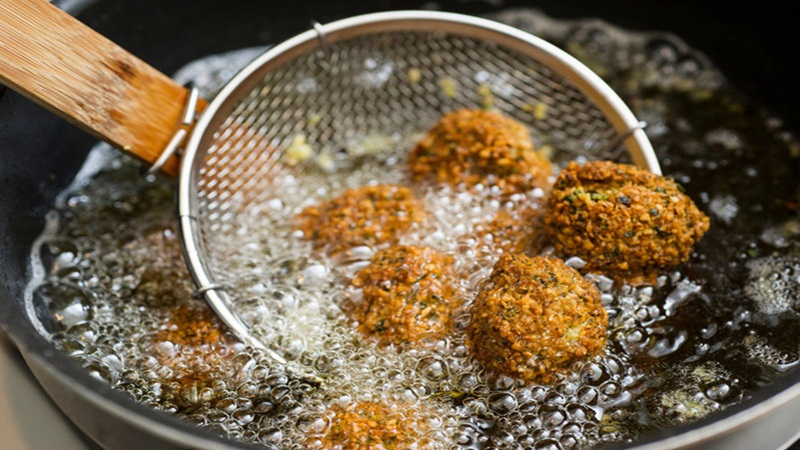 Using oil that isn’t hot enough
Using oil that isn’t hot enough
is crucial in determining the taste of your dish. It’s important to wait until the oil is sufficiently hot before adding your food. However, avoid rushing and turning up the heat too high.
Simply maintain a medium heat to allow the oil to heat up gradually before adding your ingredients. This will ensure that your food cooks evenly and achieves the desired crispiness.
2 Adding More Oil While Frying
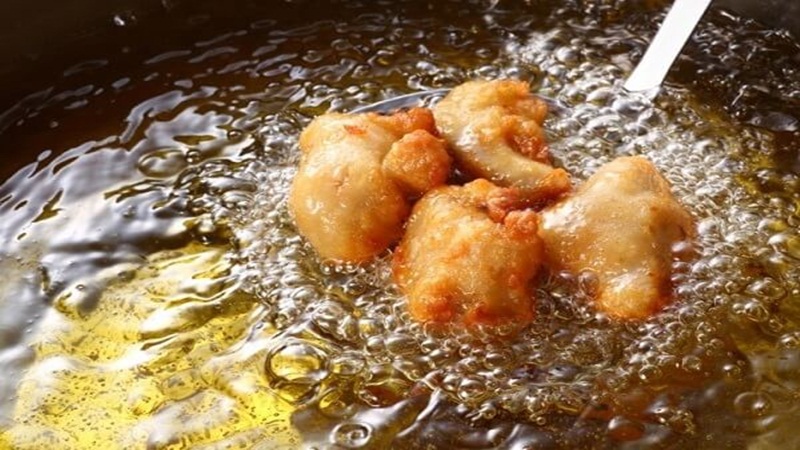 Adding extra oil during the frying process
Adding extra oil during the frying process
is a common mistake made by many cooks. Initially, some may be concerned about using too much oil and thus add a smaller amount. However, as the oil gets absorbed by the food, they add more, which lowers the temperature and affects the crispness of the dish.
3 Frying Too Much Food at Once
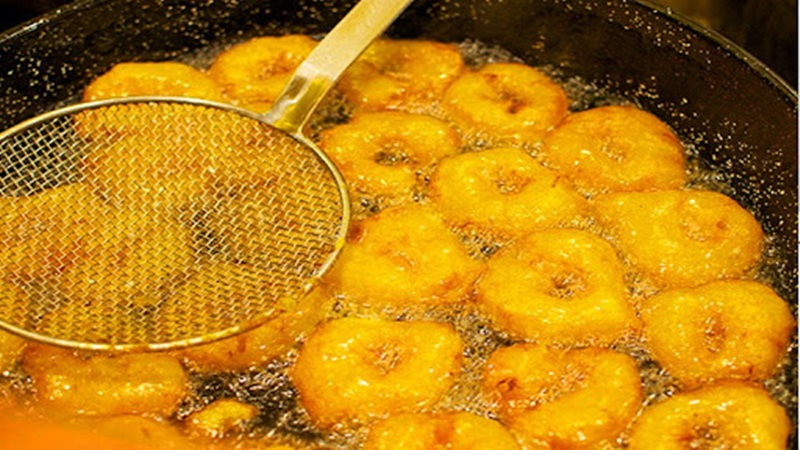 Overloading the fryer with too much food
Overloading the fryer with too much food
In an effort to save time, many cooks make the mistake of frying large quantities of food at once, which results in a loss of crispness and a decline in taste.
4 Choosing the Wrong Frying Pan
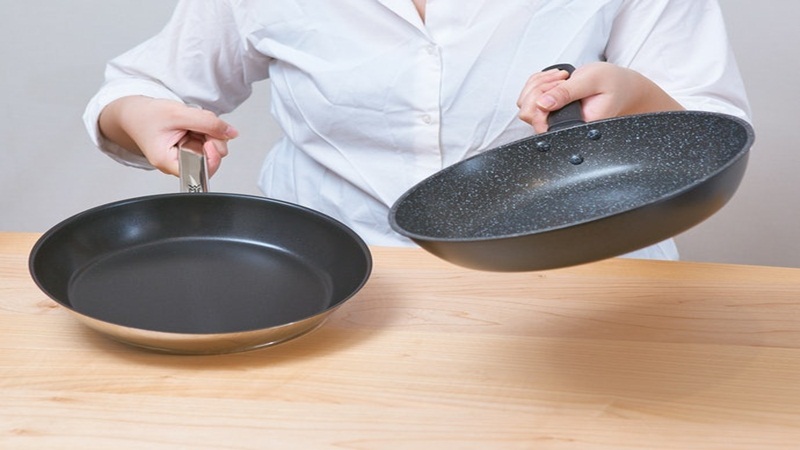 Selecting an inappropriate frying pan
Selecting an inappropriate frying pan
If you’re cooking a large volume of food, opt for a larger pan to prevent overcrowding. Using a pan that’s too small can lower the oil temperature and compromise the crispness of your dish.
5 Failing to Dry the Food Before Frying
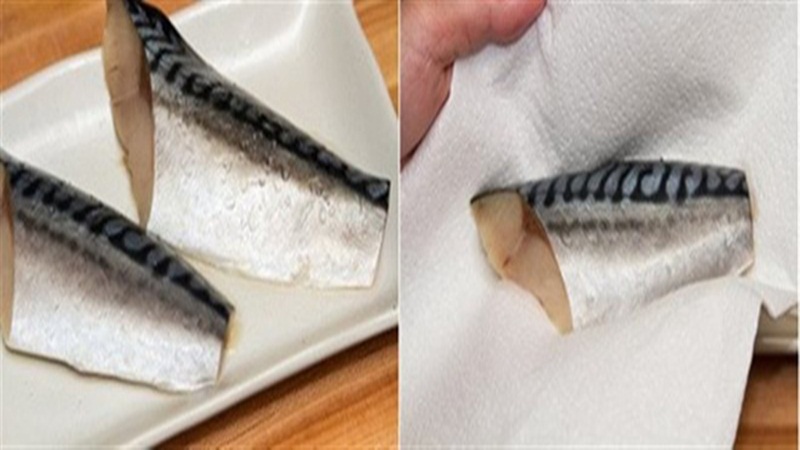 Neglecting to pat dry the food before frying
Neglecting to pat dry the food before frying
It’s essential to ensure that your ingredients are thoroughly dry before frying. Wet food can cause the oil to splatter, and your dish will lose its crispness.
6 Not Coating the Food Properly
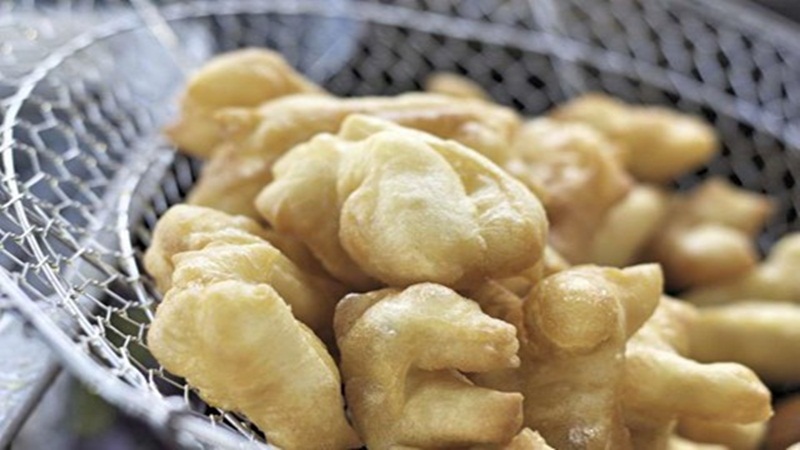 Forgetting to “dress” the food
Forgetting to “dress” the food
Coating your food with a layer of flour or baking powder before frying is a useful tip. This simple step helps maintain the softness and enhances the overall taste of your dish.
7 Not Draining the Excess Oil
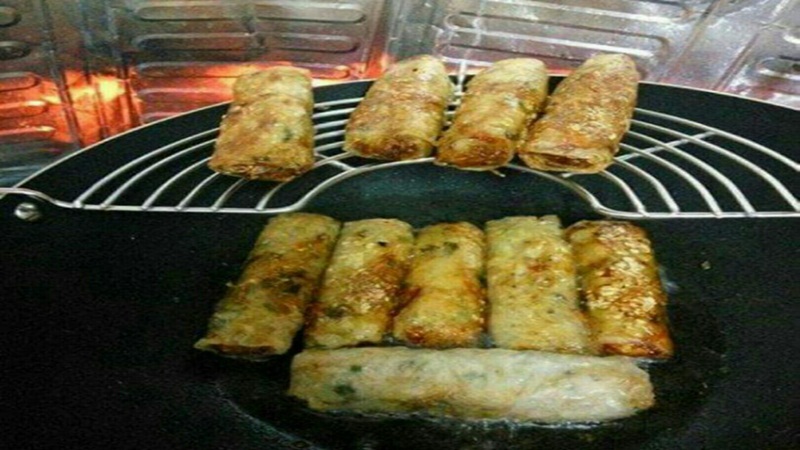 Skipping the oil-draining step
Skipping the oil-draining step
In their haste, many people overlook this crucial step. Failing to drain the excess oil from fried foods can make them greasy and less crispy. Always remember to let your fried dishes rest and drain before serving.
By avoiding these seven common mistakes, you can ensure that your fried dishes turn out crispy and delicious every time.
































